Vegan beauty is taking over the industry. According to Mordor Intelligence the Vegan cosmetics market is growing at a CAGR of 6.5% over the next five years. Many consumers are making more conscious decisions in terms of their everyday life and strive to minimise their carbon footprint.
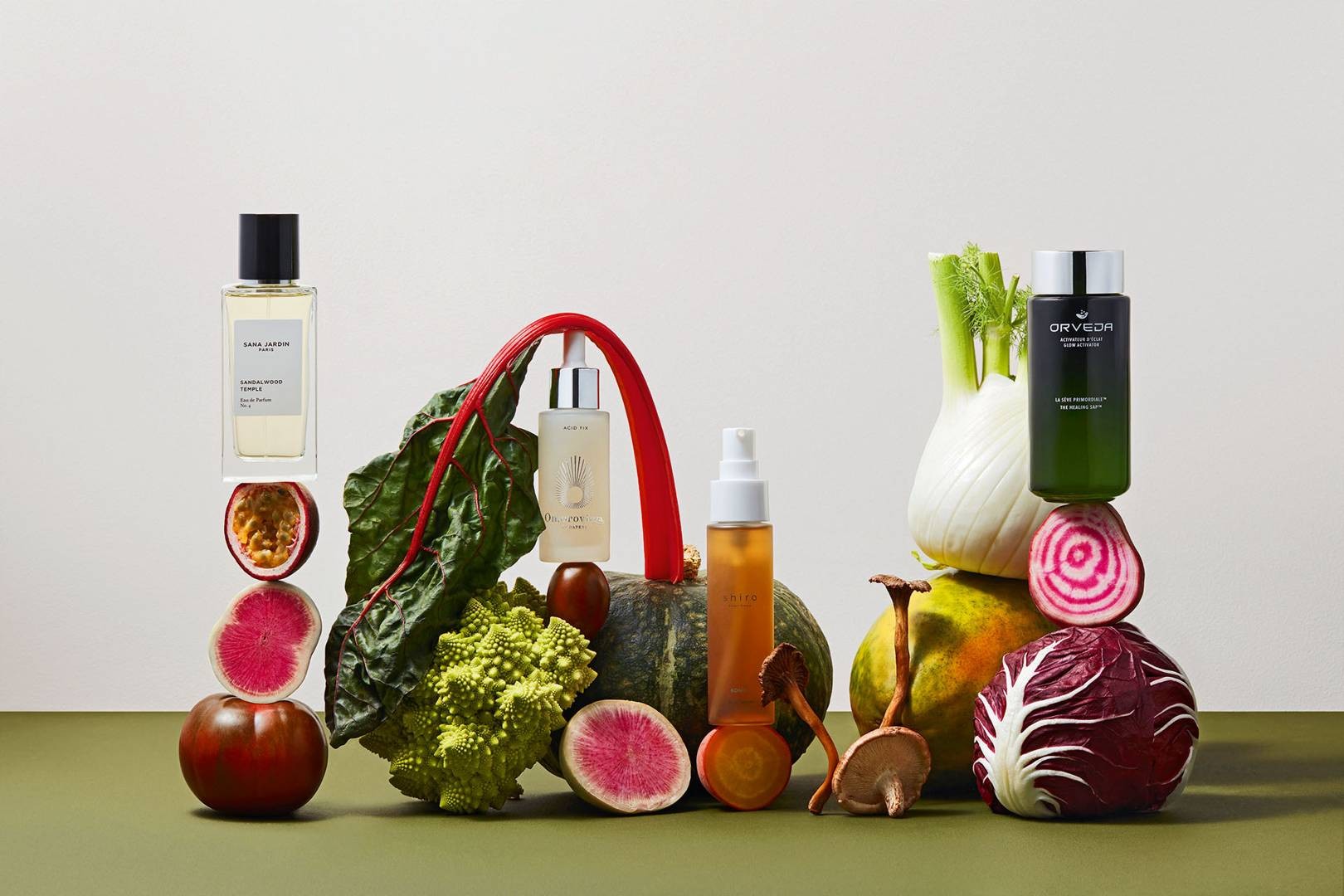
1. Ingredients to look out for in your cosmetics
Vegan cosmetics are classified as cosmetics containing no animal products or products derived from animals. This can include a wide variety of common ingredients used in various end products. To name a few…
Lanolin: Comes from sheep’s wool and is sometimes known as ‘wool-wax’ or ‘wool grease.’ It is commonly used in lip balms, sticks, and glosses.
Milk: Milk is taken from mammals such as cows, goats, and even donkeys as milk is believed to have moisturising qualities for the skin.
Honey: Honey is harvested from the combs of a beehive as it helps preserve products.
Carmine: Produced from the crushed bodies of insects, especially cochineal insects, to produce a deep red pigment for colour cosmetics.
Guanine: Ever wondered what makes highlighters and eyeshadows so shimmery? Fish scales are often used to create this glittering effect.
Tallow: This is animal fat, most often taken from farmed animals. You can find this in nail polish, soap, foundation, and eye makeup. It’s sometimes listed as oleic acid, oleyl sterate, and oleyl oleate.
In the personal care industry, Vegan lines also include on-pack product claims such as ‘cruelty-free’, ‘not tested on animals', and ‘free from animal-derived ingredients’. Also, certifications can be used for more credibility of Vegan products.
2. Certification for Vegan products
It can often feel overwhelming to avoid animal products in your personal care products. If you're concerned, check with your supplier so you can feel confident that products are cruelty-free. Alternatively, you can certify your soaps and cosmetics so your customers can be certain about your product ranges being Vegan. You can also lookout for the many Vegan and cruelty-free symbols, such as the Leaping Bunny symbol.
Leaping Bunny is a collection of animal protection organisations that certify cosmetic and household products with their ‘leaping bunny’ logo. Keep an eye out for this logo, or if you can’t see it, request information about whether that brand is certified and, if not if they test on animals.
There is a range of other certification logos, below are some of the most common logos that you are likely to find on your cosmetic products.
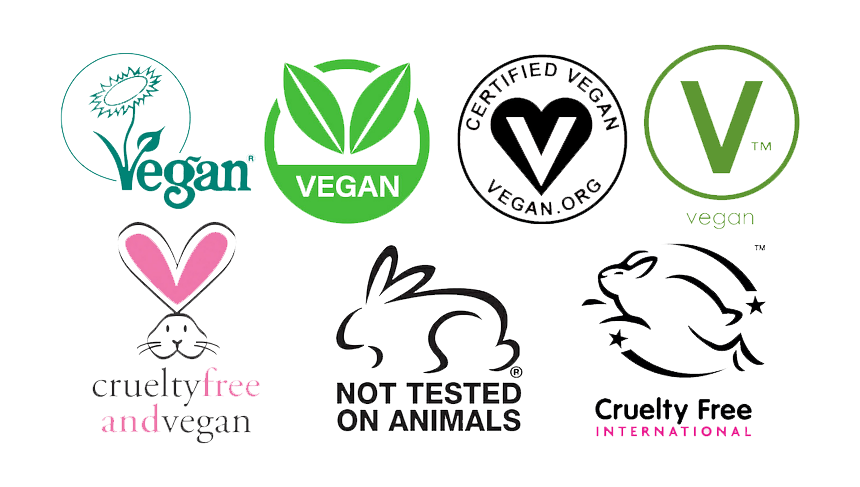
3. Vegan Certified Products
Here are some examples of Vegan certified soap products launched into the market.
Tisserand Aromatherapy Bergamot & Sandalwood
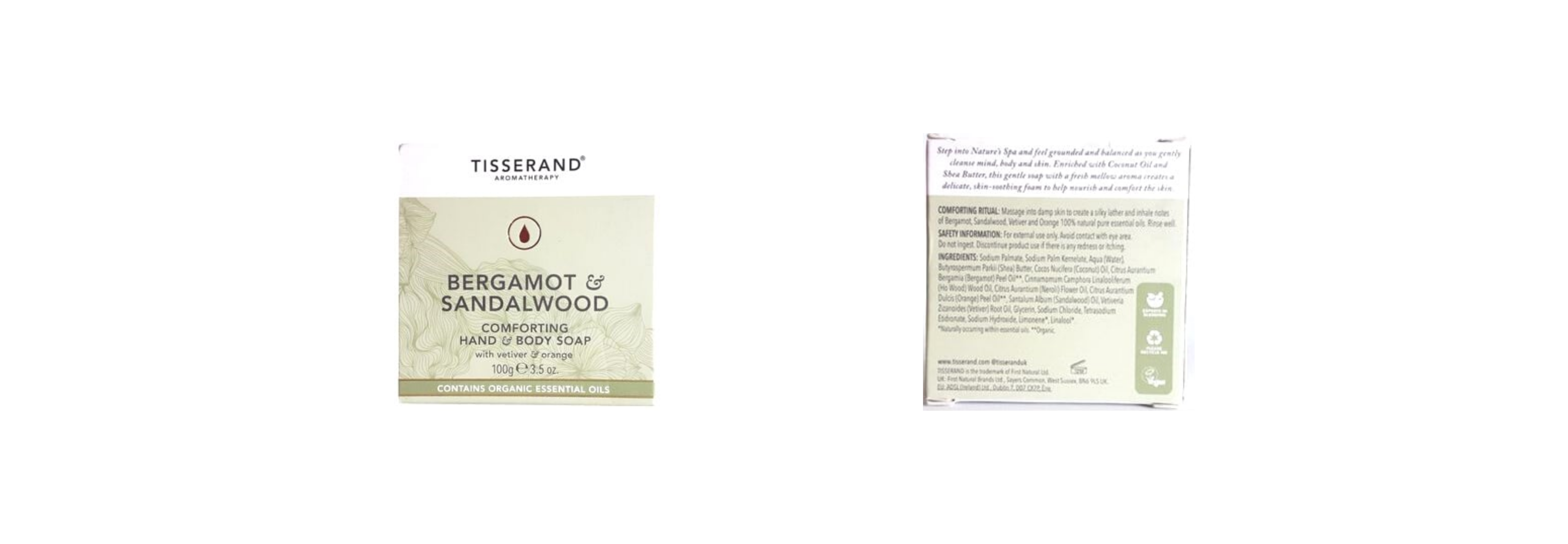
Product Description
Tisserand Aromatherapy Bergamot & Sandalwood Comforting Hand & Body Soap's formula is rich with coconut oil and shea butter, said to create a delicate, skin-soothing foam to gently cleanse mind, body, and skin, as well as help, nourish and comfort. It offers a fresh mallow aroma with notes of bergamot, sandalwood, vetiver, and orange 100% natural, pure and organic essential oils, for grounded and balanced feeling. The 100g recyclable pack, includes the FSC Mix logo and the Vegan Society Approved Vegan Trademark.
Positioning Claims
Aromatherapy, Botanical/Herbal, Ethical - Environmentally Friendly Package, Ethical - Recycling, Ethical - Sustainable (Habitat/Resources), Organic, Vegan/No Animal Ingredients
Dr. Bronner's Germany, Dr. Bronner's All-One! Baby-Mild
Product Description
Dr. Bronner's All-One! Baby-Mild Reine Naturseife (Pure Natural Soap) is suitable for all skin types and the packaging is made from recycled paper and printed with water colours, and bearing the Vegan Society Approved Vegan Trademark, Leaping Bunny, NaTrue Cosmetics, BDIH, Fair for Life and World Fair Trade Organization logos. The Vegan and cruelty-free product is said to cleanse skin especially softly and gently with optimal foaming and a pleasant peeling.
Positioning Claims
Babies & Toddlers (0-4), Botanical/Herbal, Ethical - Animal, Ethical - Biodegradable, Ethical - Environmentally Friendly Package, Ethical - Environmentally Friendly Product, Ethical - Human, Ethical - Recycling, Ethical - Sustainable (Habitat/Resources), Ethical - Toxins Free, GMO Free, Organic, Silicone Free, Vegan/No Animal Ingredients.
Within the personal care industry, Vegan Cosmetics have grown rapidly in the last 4 years and is continuing to grow at a substantial rate. According to Mintel, 31% of new products launched in 2021 were Vegan which is staggering compared to 2017 when only 9% of new products launched were Vegan.
The number of benefits from using Vegan cosmetics is immense: it benefits your skin, the environment, and the animals. Why not make your new year's resolution to be more considerate of the planet?
Stephenson Vegan Range
All our products are Vegan-friendly, excluding our Crystal Goat’s Milk, Crystal Donkey Milk, and Crystal Honey bases. We are strictly against animal testing making all of our ingredients are in line with Regulation (EC) 1223/2009. View our Vegan products by clicking here











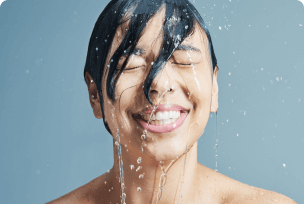
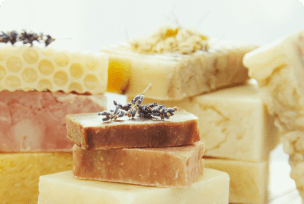
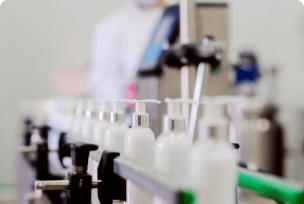
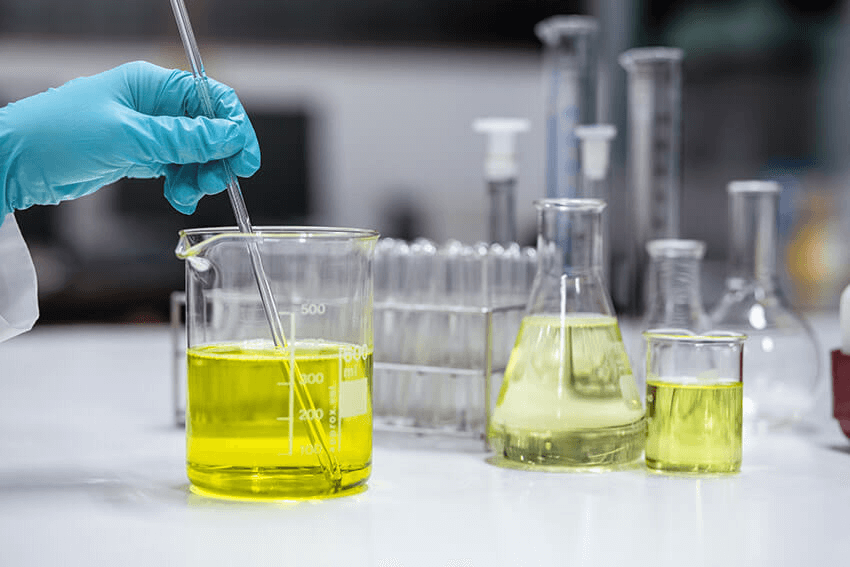
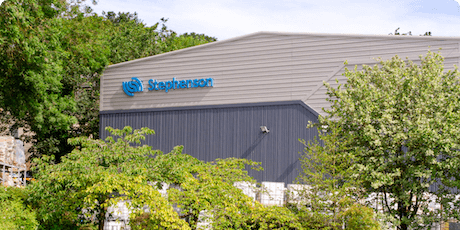
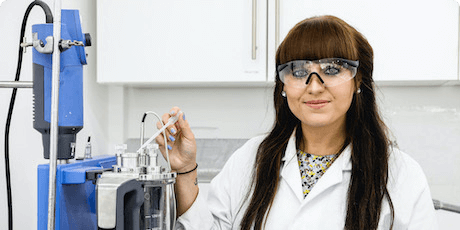
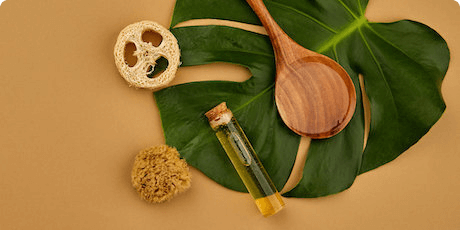








-1643196431.png)




